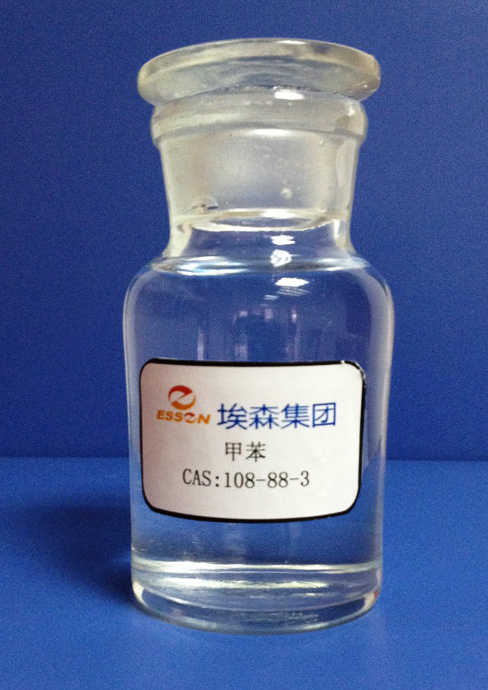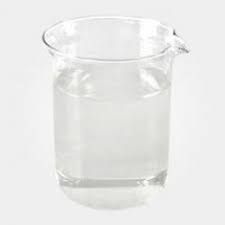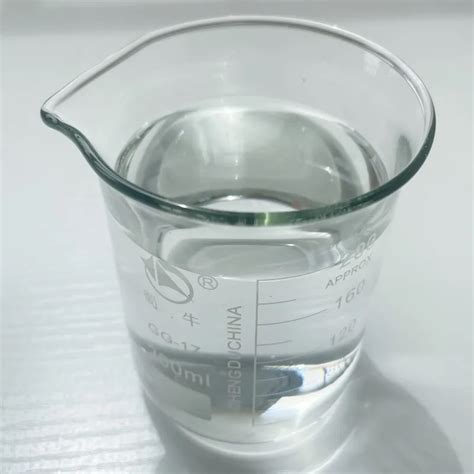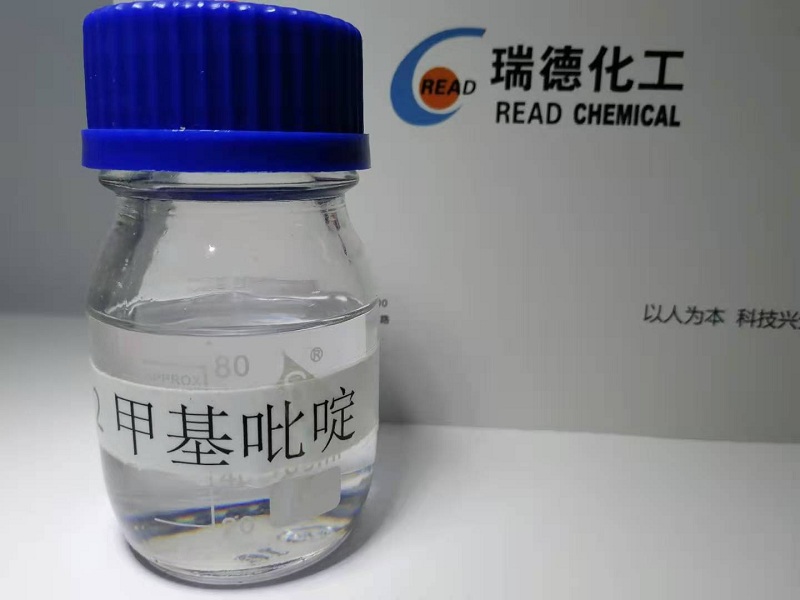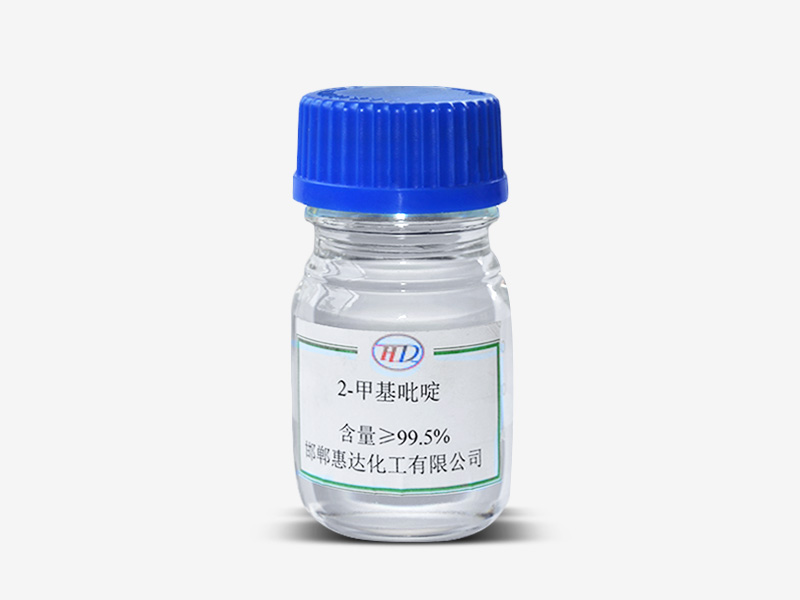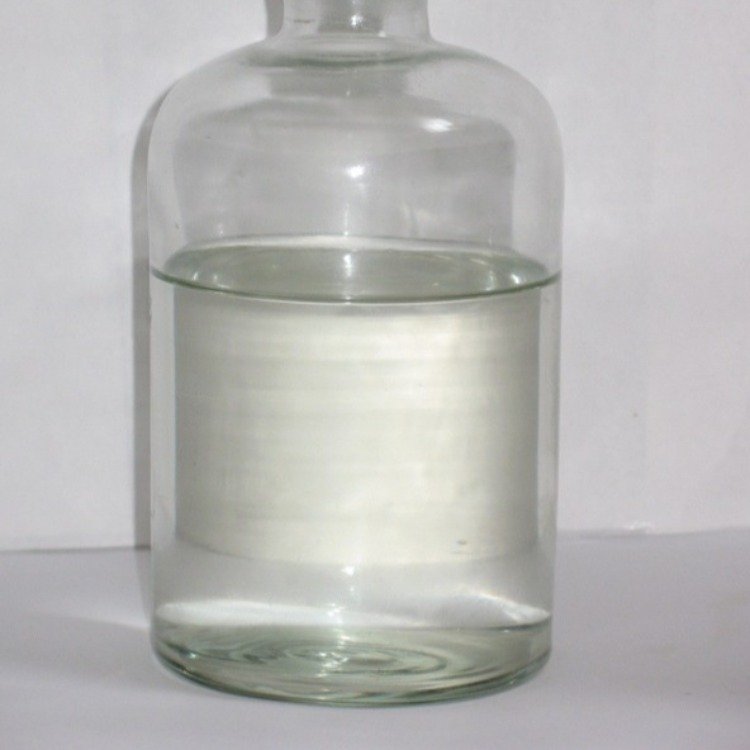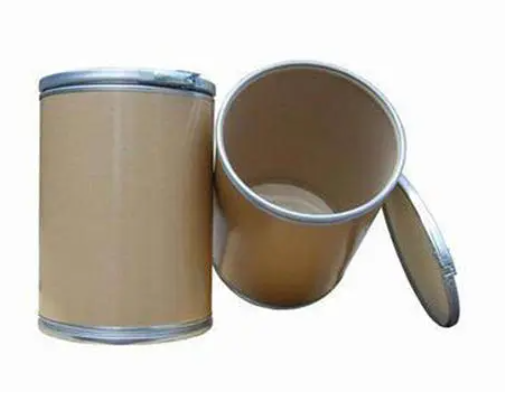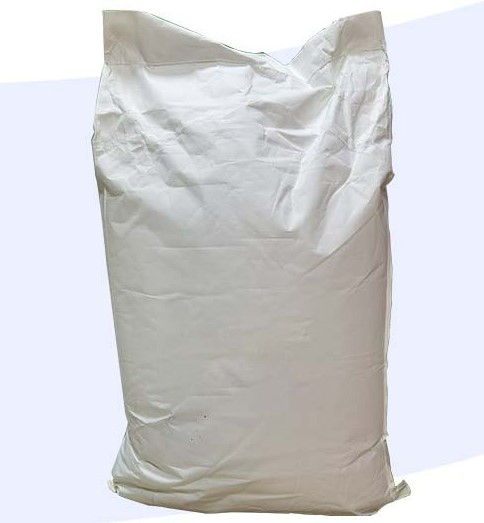Intermediates
Cationic Dyes
Pigment Black
Sulfur Dyes
Ingrain Dyes
Others
Pigment Orange
Solvent Dyes
Pigment
Vat Dyes
Dye Intermediates
Pigment Brown
Dyestuff
Pigment Violet
Dispersive Dyes
Other Dyes
Pigment Red
Pigment Yellow
Metallic Pigment
Pigment White
Reactive Dyes
Acid Dyes
Direct Dyes
Pigment Green
Basic Dyes
Nitrogen Compounds
Pigment Blue
Pearlescent Pigment
CAS:108-88-3
Molecular Formula:C7H8
Alias
More Information
Methylbenzol; Toluen; Anisen; Phenylmethane; Bnh; Methacide; Meph; Phme; Benzene, Methyl-; Toluol; Methylbenzene; Petroleum Toluene; Tolueno; Toulol; Tolue; Tolueo; _|_; Benzene Derivative
Brief Introduction
Toluene is a clear, colorless liquid with a distinctive smell. Toluene occurs naturally in crude oil and in the tolu tree. It is also produced in the process of making gasoline and other fuels from crude oil and making coke from coal.Toluene is used in making paints, paint thinners, fingernail polish, lacquers, adhesives, and rubber and in some printing and leather tanning processes.
Suppliers
View More Vendors (3) >
CAS:109-06-8
Molecular Formula:C6H7N
Alias
More Information
Alphap; α-Picoline; 2-Picoline; o-Picoline;; Alpha-Picoline;; Picoline;; Pyridine, 2-Methyl-;; Methylpyridine; O-Picoline; A-Picoline; Alpha-Picoline
Brief Introduction
It can be used as raw materials for synthetic medicine, dyes and resins, and can be used to prepare fertilizer synergists, herbicides, livestock insect repellents, rubber accelerators, dye intermediates, etc.
Suppliers
View More Vendors (3) >
CAS:111-36-4
Molecular Formula:C5H9NO
Alias
More Information
Isocyanatobutane; Butyl Isocyanate; Butylisocyanat; 1-Isocyanatobutane; Butane, 1-Isocyanato-; N-Butyl Isocyanante; Butyl-Isocyanate; 1-Butyl Isocyanate; Isocyanic Acid Butyl Ester
Brief Introduction
This product is used as an intermediate of medicine and pesticide. It is an intermediate of fungicide benomyl.
Suppliers
View More Vendors (3) >
CAS:118-03-6
Molecular Formula:C10H9NO9S3
Alias
More Information
2-Amino-3,6,8-Naphthalenetrisulfonic acid; 7-Aminonaphthalen-1,3,6-Trisulfonic Acid; Kyselina Kochova [Czech]; 7-Amino-Naphthalene-1,3,6-Trisulfonic Acid; 7-Amino-1,3,6-Naphthalenetrisulfonic Acid; 2-Aminonaphthalene-3,6,8-Trisulphonic Acid; 7-Amino-Naphthalin-1,3,6-Trisulfonsaeure; Kyselina Kochova; K acid
Brief Introduction
Used for making azo dyes and 2R acids
Suppliers
View More Vendors (3) >
CAS:120-80-9
Molecular Formula:C6H6O2
Alias
More Information
1,2-Benzenediol (Pyrocatechol); 2-Hydroxyphenol; Benzene, O-Dihydroxy-; Benzene,1,2-Dihydroxy-; Pyrocatechol
Brief Introduction
This product is an important chemical intermediate, which can be used to manufacture rubber hardener, electroplating additive, skin antiseptic and bactericide, hair dye, photographic developer, etc, Used as analytical reagent.
Suppliers
View More Vendors (3) >
Inquiry (
10
/ 10
)
Clear All
Sign In
Error!

